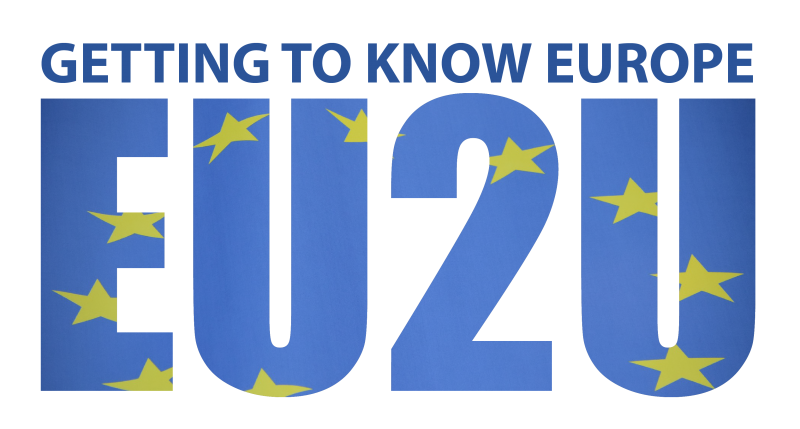Host an EU2U Briefing and Training Session at your school, workplace, or for your next meeting!
The European Studies Center (ESC) at the University of Pittsburgh is one of the premier Centers for EU Studies in the world and can serve as a resource to the Pittsburgh and Western Pennsylvania community. Want to know more about the EU? Interested in learning the basics? Have specific questions you want answered? We can help.
Thanks to generous grants from the European Union and the US Department of Education, the ESC offers free professional development sessions for schools, businesses, community groups, and non-profits. We have a number of pre-packaged presentations from which you can choose, or we can tailor one to your specific needs. Our team will work with you to find a program that will work for your group.
Sample of Existing Topics
- EU 101: Institutions and Decision Making
- Why Union? History of the EU after WWII
- PA and the EU: Impacts of Transatlantic Trade on the Local Economy
- Update on Brexit
To Learn more or to Book a Session: Contact Erica Edwards.
Details and FAQ:
Who can book a session? Educational institutions, educators, non-profits, businesses, community groups within fifty (50) miles of Pittsburgh, PA. Anyone trying to better understand the EU and its impact on the transatlantic relationship and our own region.
Cost? Free. Grant funding from the EU and the U.S. Department of Education provides for the mileage and fees of our presenters.
Presenters/Format? Depending upon your needs, availability, and the audience, presenters could be Pitt faculty, trained staff, graduate or undergraduate students in our EU studies certificate programs. We have done rapid briefings (10 minutes total), but the typically take about an hour with time for Q&A included.
What is required of host institutions? A venue and an audience. Most presentations are supported by visuals (PowerPoint), so a projector would also be nice.

Funding provided by the International and Foreign Language Education (IFLE) office of the U.S. Department of Education and through a Getting to Know Europe Grant provided by the EU Delegation to the U.S. in partnership with the Center for European Studies at the University of North Carolina, Chapel-Hill.

